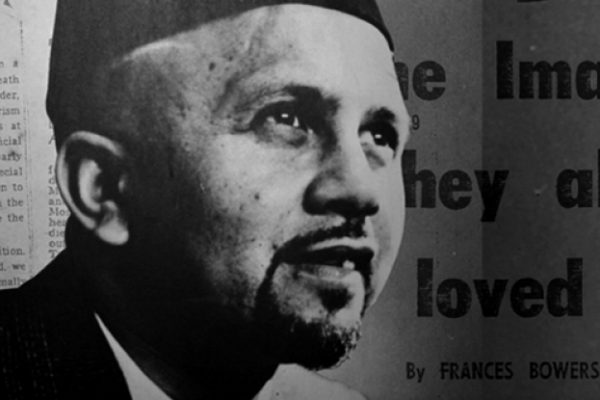There aren’t many subjects out there that could cause more polarising opinions (with often violent reactions) than racism. The U.S. has once again had to face up to the issue of race relations and it looks like it won’t be shaking off its apartheid past anytime soon. I find it difficult myself to write about racism because firstly I’m no expert and secondly the issue of racism is so big, nuanced, and complex that trying to break it down into an article is pretty daunting. Unfortunately, racism is an issue that drives at people’s emotions and so what I’d like to do simply look at cold hard facts.
The Justice System
According to a recent Washington Post poll, only 1 in 10 African Americans believe that non-white minorities receive equal treatment to whites in the criminal justice system. 20% of non-white surveyors thought cops treated whites and blacks equally, regardless if a crime was committed or not. These are in stark contrast to what white Americans have to say. Almost half believe that all races are treated equally in the justice system and 60% believe the police treat both races equally.
People’s opinions are one thing; let’s take a look at what the experts say. The U.S. Sentencing Commission found that the sentences handed down to convicted black criminals were 20% longer than white criminals for similar crimes. In the past decade, the racial sentencing gap has been widening further.
Also, black people and white people use banned substances and drugs at similar rates and yet black people are just over three times more likely to be arrested for drug possession or use. Blacks and Latinos are more likely to be stopped and searched than their white American counterparts, even though the chance that a police officer would find contraband is actually statistically higher with white people than non-white.
The Innocence Project looked at the number of exonerated prisoners, those who were convicted of a crime but later DNA evidence proved that they were wrongly convicted. Of the 324 exonerates, 204 were African American. Black kids are more likely to be tried and convicted as adults and also more likely to receive a life sentence. And even after release, black former convicts get less employer callbacks than former white convicts.
The Jobs Market
This takes us nicely onto the economy and finding a job. What makes it so difficult to isolate race, when describing an injustice which is systemic, is the fact that there are so many other factors at play too, like class and health and wealth which are to an extent linked with race. Despite this, the University of Chicago did a study in 2003 in which they sent 5000 fake CV’s in response to job ads. All the CV’s were exactly the same apart from the name where they put in a very white sounding name or a very black sounding name. The results were astounding! Names like Lakisha and Jamal got 50% less call backs than names like Emily or Brandon despite having identical CV’s. Staggeringly, the similar results were found in the UK as well as Australia.
Education
The Education System sadly is also caught up in racial discrimination too according to the stats. High Schools that have majority African American or Latino students are less likely to offer Algebra II as a class (the equivalent of Further Maths for U.K. readers) than in High Schools with majority white students. I could go on and on about how the education system has failed young aspiring black Americans but I’d do injustice to this piece in the New York Times. Even black pre-school students are twice more likely to be suspended than white preschoolers.
To deny systemic injustice and endemic racism is to deny a whole wealth of evidence showing that racial discrimination affects every possible dimension of American life. Whilst I believe that it is important to look at the data, I feel it’s equally important to listen to the voices of the people who have been affected most. Statistics are cold in a way that humans aren’t and to truly understand the impact that these statistics have on the lives of ordinary African Americans, it’s about time that people began listening to the families of Trayvon Martin, Michael Brown, and Eric Garner amongst many others.
by Ammar Farishta





